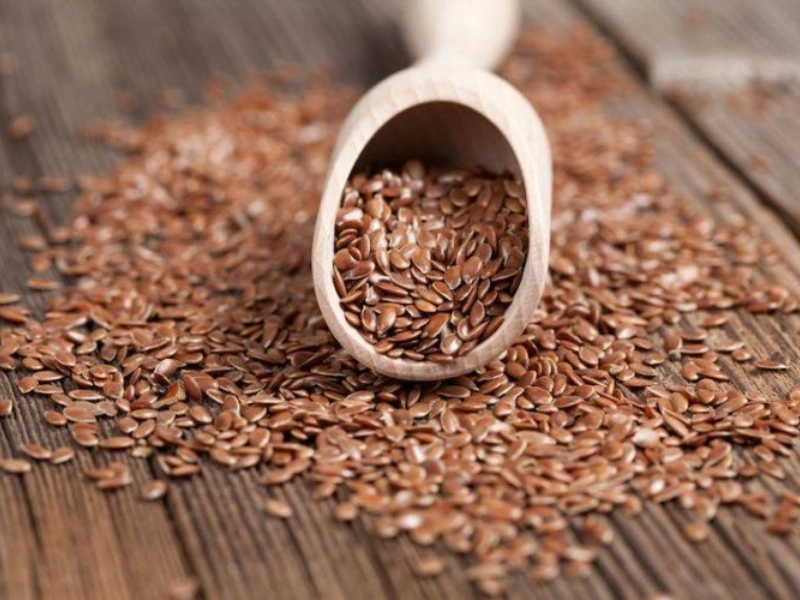10 Things That Happen to Your Body If You Walk Every Day
Advertisement
Have you heard the Hippocratic adage, "Walking is a man's best medicine?"? We'd go even further and say that regular exercise, sound sleep habits, and a nutritious diet can keep you out of the doctor's office entirely. Even just 15 to 30 minutes of daily walking can make a significant difference in one's health and general appearance. We at We were shocked to learn that simple exercises like walking can have a big positive impact on both the body and the mind. It is free, simple, and low-effort. We've put together a list of advantages you can essentially stroll into.
1. Positive brain changes

Advertisement
According to recent research studies, engaging in regular low-impact aerobic exercise such as walking can provide significant cognitive and mental health benefits, especially as we age. These gentler aerobic activities have been shown to help prevent early onset of dementia, reduce the risk of developing Alzheimer's disease, and improve overall brain function.
The key advantages of low-impact aerobic exercise include:
Increased Blood Flow - Walking and other low-intensity workouts promote better blood circulation, ensuring the brain receives a steady supply of oxygen and nutrients essential for neurological health.
Neurogenesis - Aerobic activity stimulates the growth of new brain cells and neural connections, boosting cognitive reserves to offset age-related decline.
Reduced Inflammation - Exercise lowers levels of inflammation in the body and brain, which is a major contributing factor to neurodegenerative diseases like Alzheimer's.
Stress Reduction - Low-impact aerobics help relieve stress, anxiety and depression by increasing natural endorphin production and promoting mindfulness.
Better Sleep - Moderate physical activity regulates sleep-wake cycles and improves sleep quality, which is vital for memory consolidation and clearing metabolic waste from the brain.
Alongside the cognitive and preventative effects, maintaining an aerobic exercise routine provides physical benefits such as improved cardiovascular health, weight management, and increased muscle and bone strength.
While higher intensity workouts offer advantages, lower impact options like walking, swimming or cycling are accessible forms of exercise ideal for older adults or those with limitations. Even just 30 minutes per day can make a significant difference in supporting lifelong brain health and resilience against dementia. With its low barrier to entry, walking is an extremely beneficial aerobic activity to incorporate into one's lifestyle.
Advertisement
You May Like










